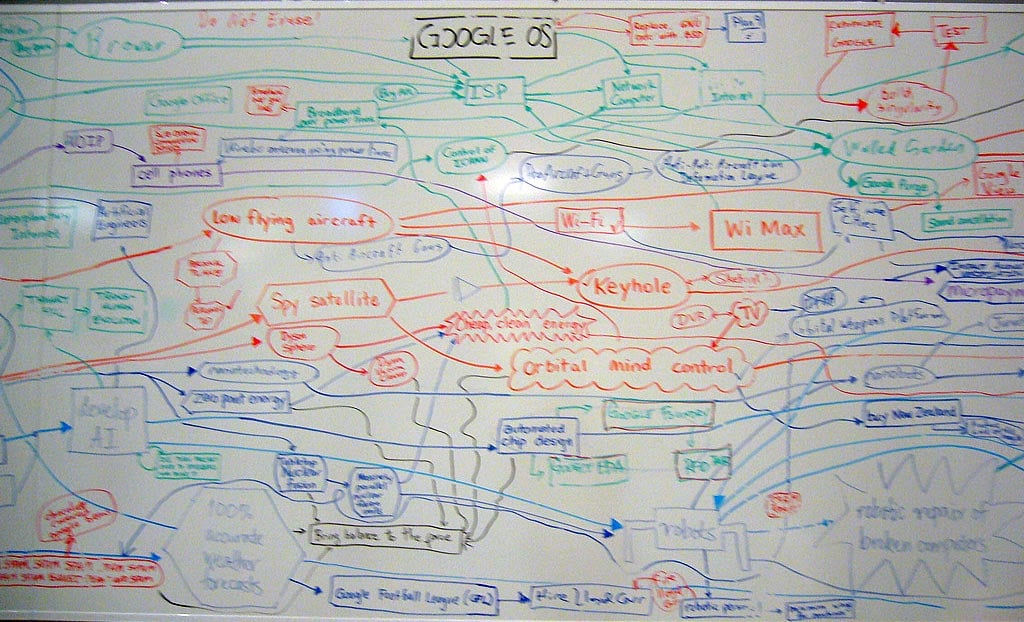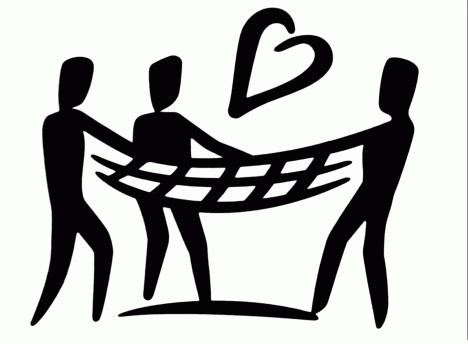What is Dissociative Identity Disorder? Dissociative identity disorder is a new name for an old illness. The illness is what is commonly called "multiple personality disorder" (MPD). This is a psychological disorder characterized by having one or more alter personalities (alters). The alters are fragments of the person's inner-self or ego.
What stands out to me about Mary is that she is very highly functioning. She has a business and takes care of it. She is a sole proprietor of a printing shop. She takes care of customers and no one knows she has a problem with her identity. I stayed around the shop as customers came and went, and when there was a lull in the flow of customers, she felt safe to let "Janie" come out to play.
Dissociation is a defense mechanism a person manifests to deal with trauma they are not ready to deal with. "Switching" or dissociation is not something that should be ignored. In time the "alter" can overtake the main personality.
Other symptoms include depersonalization, which refers to a feeling of being removed away from the self. It is a feeling of detachment from the physical and mental self. The person feels more like an observer, as if they are watching a movie unfold before their eyes.
Diagnosis and Treatment
To be diagnosed, the patient is evaluated with a complete physical, lab work and x-rays. If no physical illness is found the patient may be referred to a mental health practitioner. Most patients with DID respond well to treatment. Treatment may involve seeing a psychiatrist, as well as a therapist, and taking prescribed medications. They respond well providing they don't have other underlying psychiatric conditions that are more difficult to treat. The most common approach to treatment is to relieve the symptoms and to help the patient to re-integrate the fragmented personalities into one whole well functioning identity. People with this disorder can and do become well. When the personas merge into one being, the person no longer feels like pieces of a broken mirror. They are free to experience life through his or her intellect without the filters of the other personas.
Do you know a person with this disorder? I do. A person with Dissociative identity disorder may admit to feeling he/she is sharing his/her body with other people who live inside.
I have a friend who suffers from Dissociative identity disorder. For this article, I am calling her "Mary". I asked her to explain to me what it is like when she dissociates. She said, "When I switch, I am aware that I am switching from myself to a 7 year old little girl".What stands out to me about Mary is that she is very highly functioning. She has a business and takes care of it. She is a sole proprietor of a printing shop. She takes care of customers and no one knows she has a problem with her identity. I stayed around the shop as customers came and went, and when there was a lull in the flow of customers, she felt safe to let "Janie" come out to play.
Dissociation is a defense mechanism a person manifests to deal with trauma they are not ready to deal with. "Switching" or dissociation is not something that should be ignored. In time the "alter" can overtake the main personality.
Many years ago Mary went away with a man from the Internet. He wasn't who he portrayed himself to be. He was very abusive, and she shared to me that he used her up for all of her finances and threw her away. I don't know everything that happened to her, but I know some of the awful details. As a friend, I helped her get back on her feet, but something was very different about Mary. She was not the same person she was just a few months earlier.
Many people who have Dissociative identity disorder tend to be very highly functioning individuals with high stress jobs. They will only 'switch" with people whom they are comfortable.
It made sense to me that Mary's alter, "Janie" only came out tome or a few other people, and that she would retreat back into Mary's mind when a customer came into the shop. No one was ever aware of the switching except me. I've seen her switch into more than one alter before. One is "Janie", who I have just mentioned, and another is "Boo" who is 12. Boo mainly comes out with another of her friends and not so much to me. I am Janie's friend, and another associate of mine is Boo's friend.
I have had to do some reading on this subject to be able to digest how Mary can keep up with so many personas. But as I am beginning to understand, she doesn't "keep up" with them, but they are who they are. Boo has her thoughts, emotions and memories, just as Janie has hers, as well as Marie has hers. All pieces of the broken mirror have their own reflection of who they are.
What are the causes of DID?
Some of the causes of Dissociative identity disorder include:
Overwhelming stress
"I feel like a broken mirror", she said to me one day. Dissociation is so complex that a person can totally function as fragments of the whole being. It is like the alter personalities share and cooperate within the one being.
Mary described her Dissociative disorder to me. She showed me a broken mirror and asked me to look into it. When I did I saw many facets of me. In every jagged piece of the mirror there was an image of me. Then she said to me, "Now imagine that mirror as being able to think. Each piece of the mirror has its own thoughts, feelings and emotions."Many people who have Dissociative identity disorder tend to be very highly functioning individuals with high stress jobs. They will only 'switch" with people whom they are comfortable.
It made sense to me that Mary's alter, "Janie" only came out tome or a few other people, and that she would retreat back into Mary's mind when a customer came into the shop. No one was ever aware of the switching except me. I've seen her switch into more than one alter before. One is "Janie", who I have just mentioned, and another is "Boo" who is 12. Boo mainly comes out with another of her friends and not so much to me. I am Janie's friend, and another associate of mine is Boo's friend.
I have had to do some reading on this subject to be able to digest how Mary can keep up with so many personas. But as I am beginning to understand, she doesn't "keep up" with them, but they are who they are. Boo has her thoughts, emotions and memories, just as Janie has hers, as well as Marie has hers. All pieces of the broken mirror have their own reflection of who they are.
What are the causes of DID?
Some of the causes of Dissociative identity disorder include:
Overwhelming stress
Lack of nurturing
"Child abuse What are the signs and symptoms?
Some patients have different symptoms that can resemble neurological, psychiatric, and anxiety disorders. Some of the symptoms include:"
Anxiety
Depression
Panic attacks
Phobias
Time distortions
Eating disorders
Sexual dysfunctions
Episodes of self-harm
Post traumatic stress syndrome
"Child abuse What are the signs and symptoms?
Some patients have different symptoms that can resemble neurological, psychiatric, and anxiety disorders. Some of the symptoms include:"
Anxiety
Depression
Panic attacks
Phobias
Time distortions
Eating disorders
Sexual dysfunctions
Episodes of self-harm
Post traumatic stress syndrome
Other symptoms include depersonalization, which refers to a feeling of being removed away from the self. It is a feeling of detachment from the physical and mental self. The person feels more like an observer, as if they are watching a movie unfold before their eyes.
Diagnosis and Treatment
To be diagnosed, the patient is evaluated with a complete physical, lab work and x-rays. If no physical illness is found the patient may be referred to a mental health practitioner. Most patients with DID respond well to treatment. Treatment may involve seeing a psychiatrist, as well as a therapist, and taking prescribed medications. They respond well providing they don't have other underlying psychiatric conditions that are more difficult to treat. The most common approach to treatment is to relieve the symptoms and to help the patient to re-integrate the fragmented personalities into one whole well functioning identity. People with this disorder can and do become well. When the personas merge into one being, the person no longer feels like pieces of a broken mirror. They are free to experience life through his or her intellect without the filters of the other personas.











